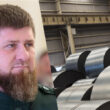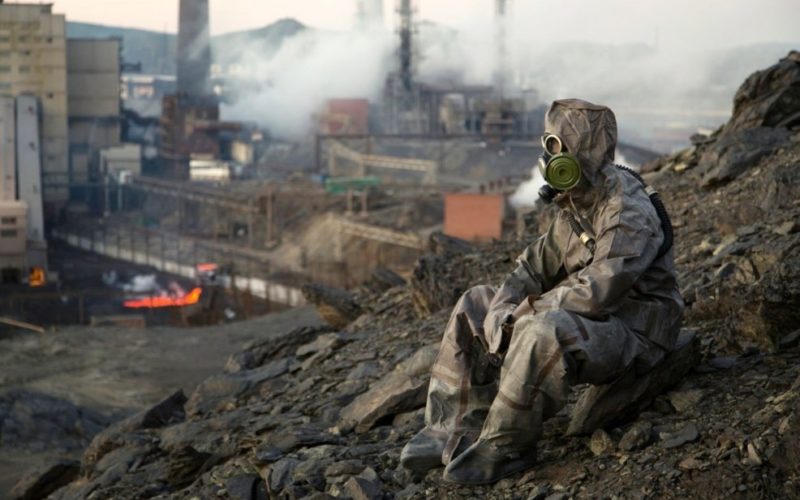In Ukraine’s South a unique Kinburn Spit nature and animal sanctuary is turned into a military object.
Compared to the suffering brought by Russian soldiers to cities, we pay less attention to destroyed ecosystems. Russian occupants set up military positions in the protected areas of Kinburn Spit.
The Kinburn Spit is unique in its nature, climate, landscapes and history. It is a 45-km peninsula, with a width of 10 kilometers (at the beginning) to several meters (in the narrowest part), sandy massifs, coniferous forests and salt fields. On one side it is washed by the Dnipro river estuary, on the other – by the salty waters of the Black Sea. For its beauty and uniqueness, it is often referred to as the “Mykolaiv Bahamas.”


Now the whole flora is under threat of extinction, especially the field of wild orchids, which is the biggest in Europe (over 60 hectares), perennial trees, pink lakes, and animals.
A lot of wild animals and birds already died due to enemy shelling on the Kinburn spit, and relict forests burned down. As of October, 5th, this area remains occupied by Russia.

Map by O. Karasov
Forests have been burning in the Kherson region since mid-April. The aftermath of fire is difficult to assess due to the temporary occupation of the region by the Russian military. As Russians set military position there, ecologists are not allowed to enter the sandspit.
According to Ukrainian Armed Forces, Russians are maintaining a new line of defense near Kherson region, in particular on the Kinburn Spit area, and already brought concrete bunkers there. This is also confirmed via satellite images provided by Planet Lab.


Now, Moscow continues to send recently mobilized military personnel from the occupied Crimea to the Kinburn spit, according to the Suspilne News. Russian artillery troops consider Kinburn Spit as a suitable spot to shell Ochakiv city. Also, there is a base from which they launched Iranian-made “Shahed-136” kamikaze-drones across Ukraine.
By turning the Kinburn Spit nature and animal sanctuary into a military object Russia violatedthe four Geneva Conventions (1949) and their additional protocols (including Protocol #1, 1977). And destroying an unique ecosystem, that’s why all international ecologists community should pay maximum attention to this situation and demand from Kremlin an immediate withdrawal of its troops.








